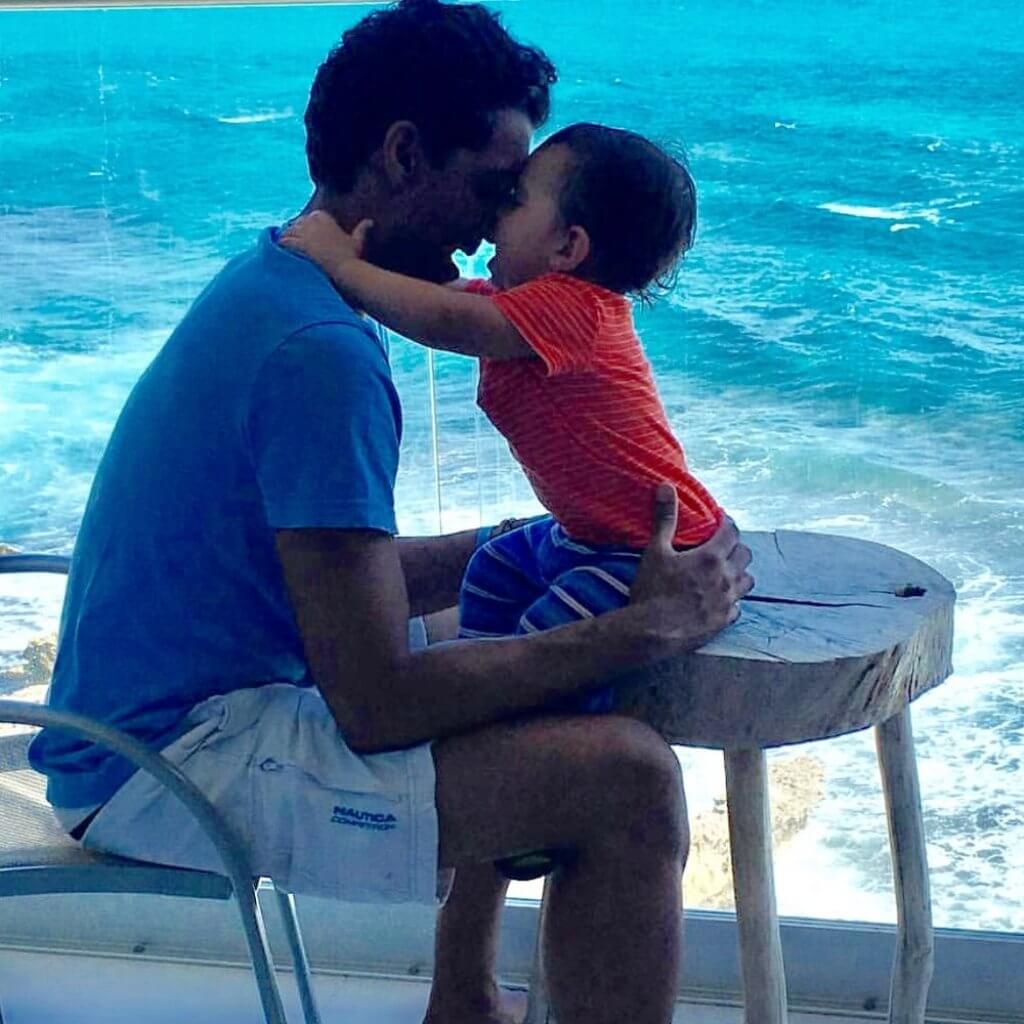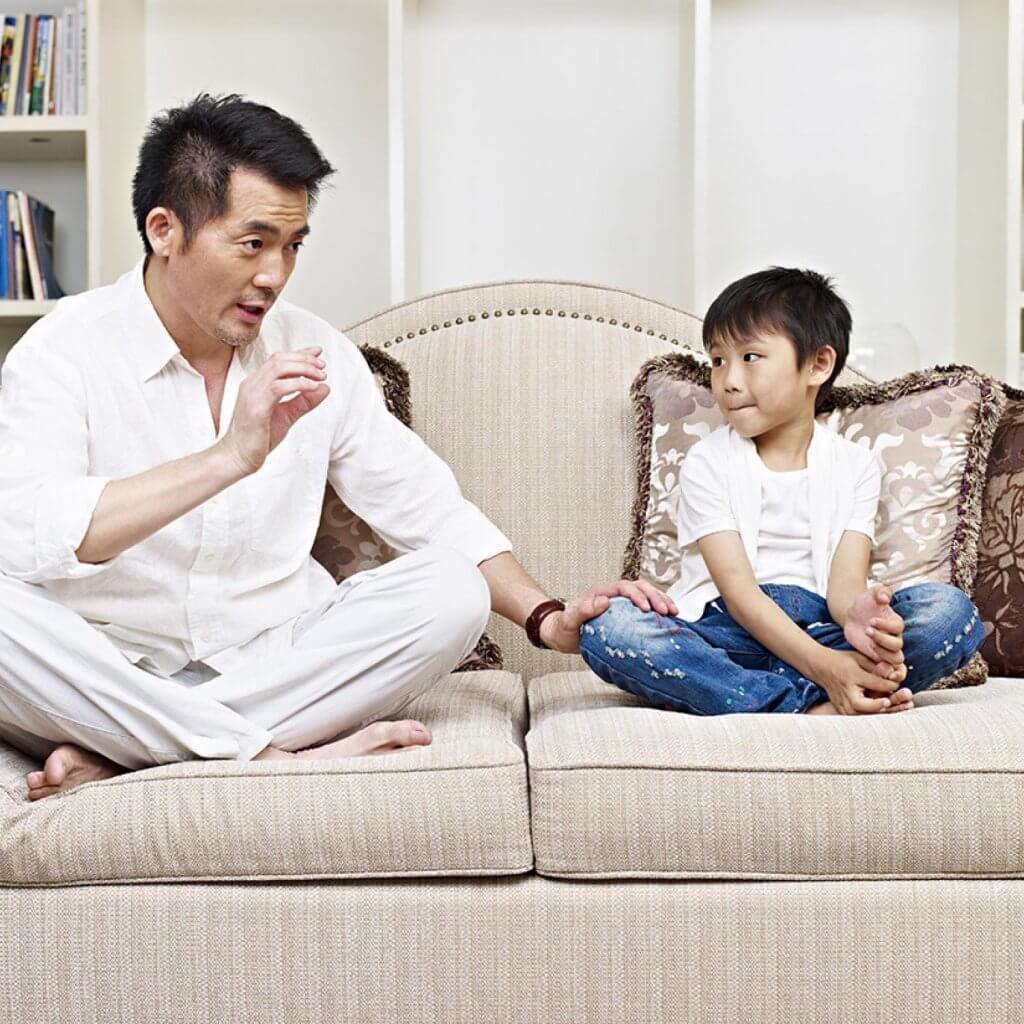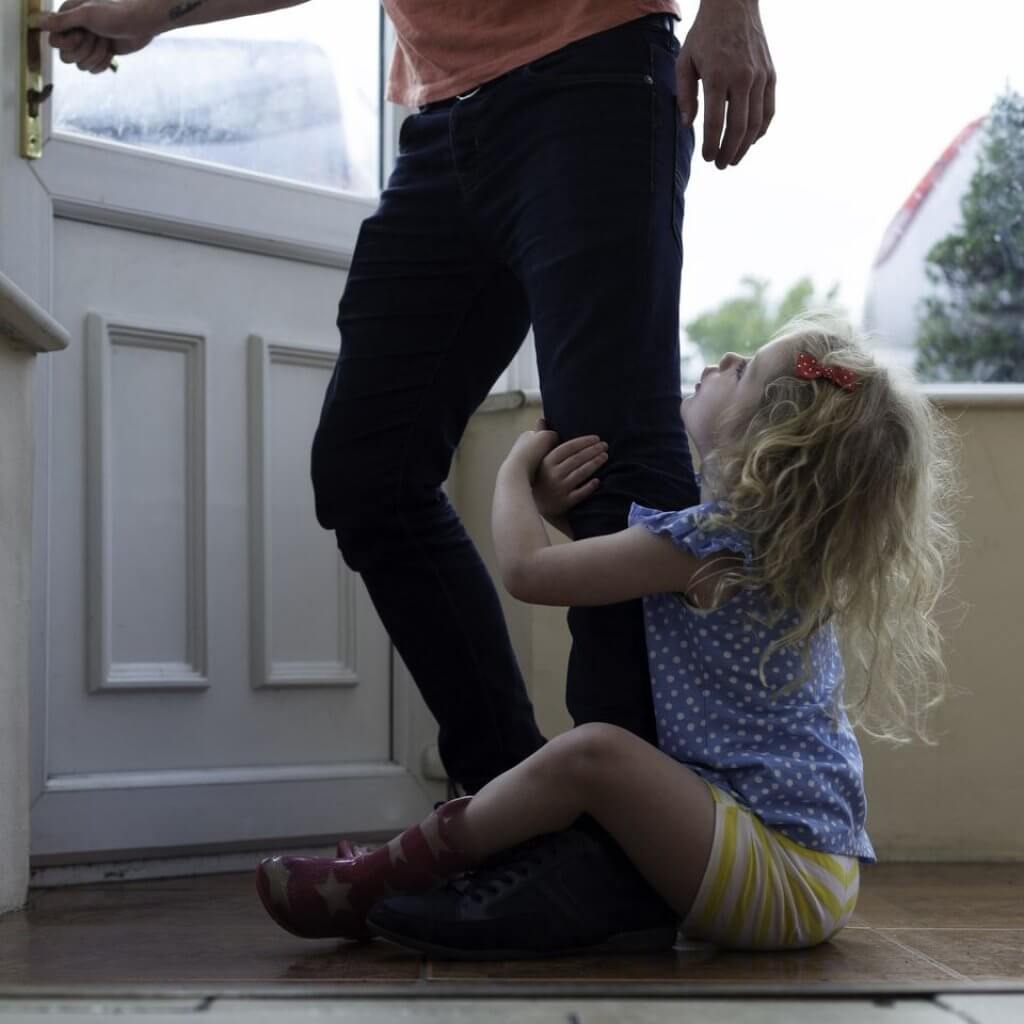What you Should Know About Securely Attached Relationships

It’s a questions all parents ask themselves: Does my child feel bonded to me? The doubt is completely normal, as children grow up and get a feeling for the world around them and in turn, the relationships that affect them, they go through a period of self-discovery.
It is during this time that parents may question that closeness that we all strive to feel with our children, and the term for this is being “securely attached”.
This basically means that your child feels a connection to you that was started from birth — a connection that includes comfort, love, emotional stability, secureness and safety. Let’s explore secure attachment a little bit further.
Can You Raise A Child To Be Securely Attached?

Secure attachment does not just apply to parents. It can apply to adults as well, and can come in the form of attachments to anyone: parents, extended family members, close friends, romantic partners, etc.
It includes any relationship that makes you feel safe, and this is obviously something most parents want their children to feel when they are with them and for the majority of their lives. It’s very important to start this process from a young age, and to most parents, it comes to them in a fairly nature way.
Simple things you can do include showing affection to your child — this is especially important after being away from them, no matter how short or long a time period. Your child will associate comfort with your return home, lots of hugs and “happy to see you” faces will help them relate love and safety with your expressions and emotion.
Comforting your child when they feel sad, unhappy, scared, or just simply vulnerable is huge in the way of helping them securely attach to you. We all strive for that one thing that makes us feel better, for your child, it’s as simple as their parents just being there.
Don’t be afraid to show human moments with your child; you are the adult, however making eye contact and apologizing when you’ve done something outwardly and noticeably wrong can strengthen trust rather than inhibit it by trying to be the “perfect parent”.
Why Is It Important?
Those who come from the school of “tough love” may not fully understand how important it is for a child to be emotionally bonded to his/her parents. This is often an old-school philosophy that no longer holds water in today’s society, and has shown negative effects on growing children.
When you control and censor your love and affection for them, they become fearful, paranoid, and oftentimes lose their confidence altogether. A child should never need to beg for attention or be rewarded with it, discipline is separate from loving your child.
The reason it’s so important to be securely attached to mom and dad is because how they’re raised from birth will affect them throughout their entire lives, through pre-teen, teen, and adulthood.
This seems like a common sense theory, but to many, the harm that is dealt by using a parent’s love as a reward system goes unbeknownst to the parent in question. As your child gets older, they will need confidence to get out in the world, express themselves, and truly discover who they are and what path they are passionate about in life.
This starts at step one: comfort, reassurance, and love from a parent. If your child is securely attached to you, they know that they can confidently venture out in the world because it is back to you they will return, should the need arise. The support system needs to be well in place before your child sets out on their own, otherwise they will have no stable and secure foundation from which to build their own lives.
Pay Special Attention
It is no longer unusual to have a child who struggles with anxiety or focus. These are children that should be paid special attention to, because they will need more of a tie to their parents for grounding.
In the case of anxiety in particular, if your child already struggles with daily battles against irrational fears, vulnerabilities, or social panic, then being securely attached to you will make all the difference in the world. Kids mirror their parents at a young age, if you show them how to trust and love, they will return the same.
Emotional Stability

Emotions are something that we all struggle with, even well into adulthood. By establishing a firm secure attachment with your child, you are ensuring their future. As crazy as it may sound, often times children will never cease looking up to their parents.
Both as role models and as a standard for how to live their own lives, and each of these things will play an important role in how your child grows up and lives their own life. Very quickly, they can learn how to sort out their own emotions, build up barriers to certain stress, and be mentally prepared to take on the challenges that life inevitably throws everyone.
Being securely attached to your child is not only about hugs and kisses, but also encompasses a world of mental stability and emotional well-being.
It Is A Lifelong Commitment
It’s one thing to bond with your child, it’s another to be securely attached for a lifetime. When you first hold your baby in your arms, the first time they learn to feed themselves, their first step — these are all “bonding” moments. Bonding is short-term, and while yes, it does help to cement a relationship, the feelings may be fleeting once the moment is etched in memory.
Secure attachment is lifelong, from the moment you feed your baby, change their diaper, or put them on the bus to school: these things are the training wheels to establishing trust between you and your child.
As a parent, you’d want your child to come home straight from school to you if they are feeling sick, just as you’d want them to call you first if they’re struggling with an adult problem twenty years down the line. The key to this? Secure attachment.
I Don’t Feel Any Of That With My Child — What’s Wrong?
Just like a child can be securely attached, a child can also be insecure and unattached to a parent. There are three basic classifications for this type of insecurity, and can be triggered or caused by different events or actions.
These can vary from parenting style (such as the “tough love” that we discussed earlier), a toxic environment that is frightening and unwelcome to a child, a cultural “norm” that may result in the child distancing themselves or growing up too quickly, inconsistency among a child’s environment or relationships, etc.
Overall, you want your child to have as secure and comfortable environment as possible to grow up in, and while it is sometimes difficult to reduce all stress, much of it should be avoided for your child’s well-being. Many times the decision is made to hang on to negative stress, or in some cases no decision is made at all, which can severely impact a child’s growth and emotional stability for life.
Avoidant-Insecurity
Sometimes, a child may feel the opposite towards their parents. In a child, this is called “avoidant-insecurity”. The simplest of tests to find out if your child is avoidant-insecure, is to leave briefly, and then come back. Is your child distant? It looks exactly the opposite of the picture below!

Were they nonchalant about your return, and possibly even dismissive? Did they ignore you? If your child does any of this, there’s a pretty good indication that they feel no secure attachment to you whatsoever. This shows a lack of emotion, and inability to care for the world around him or her.
Disorganized-Insecure
This puts a child at the most risk for behavioral disorders further down the line, if they have no begun displaying them already.
The disorganized-insecure child shows signs of constant confusion, as if they are unsure whether to be happy at the sight of their parents, or ignore them such as the avoidant-insecure child. The emotions are all over the place, up and down, and they do not know what the right thing is.
Resistant-Insecure
This characteristic is significantly tragic to see in children, as they are essentially fighting amongst themselves and with their own emotions. Similar to an avoidant-insecure child, one who is resistant-insecure will show no sign of wanting to be in contact with the outside world.
The child will not only be afraid of strangers, but will avoid his or her parents as well. Rather than be excited and relieved that his or her parents have returned, a resistant-insecure child will often be angry or upset that they were left alone in the first place.
In severe cases, they will reject love and affection. It’s quite obvious why this would cause problems later on.
How Can You Build A Positive Attachment?
As stated before, this begins from the birth of a child. However, it’s not too late to reinforce the positivity from a securely attached relationship. It takes a lot of trust-building, reassurement, and persistence to keep trying, but it’s worth it to have a healthy, happy, loving child.
There is no handbook to loving your baby, show them every day in different ways how much you care for them and that you will always be there, and the rest will come naturally!







